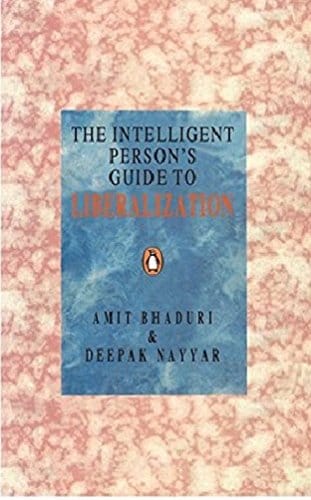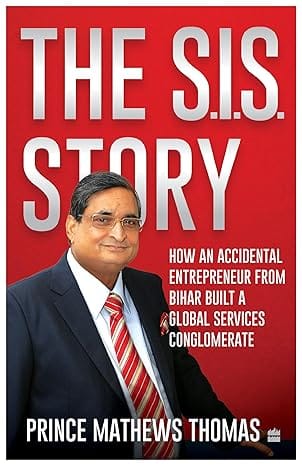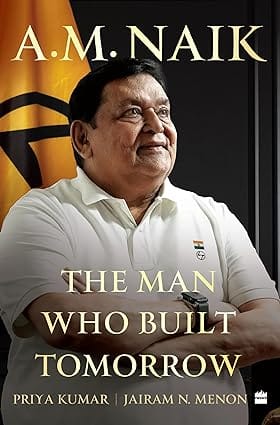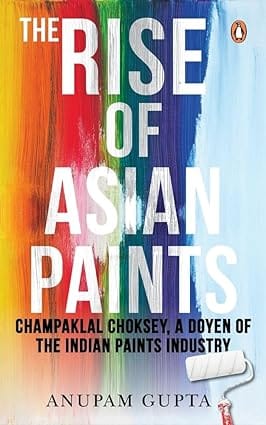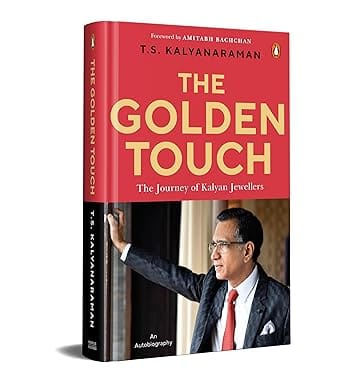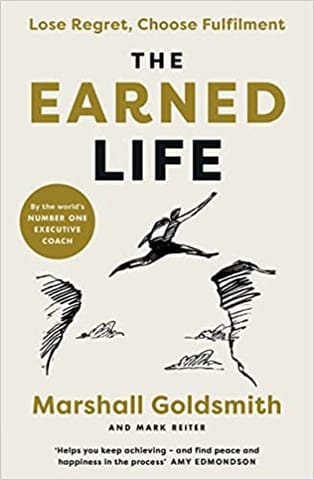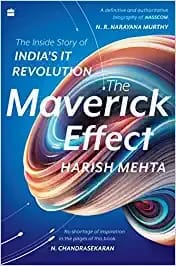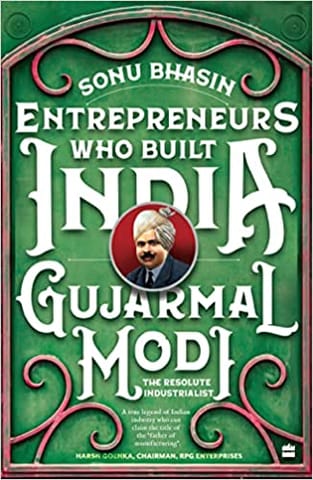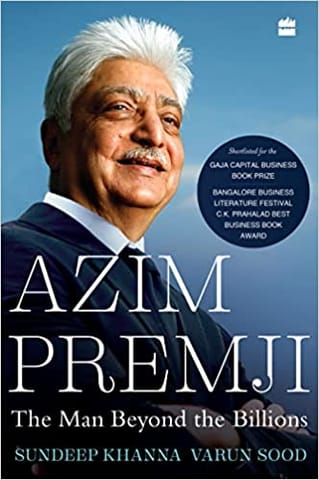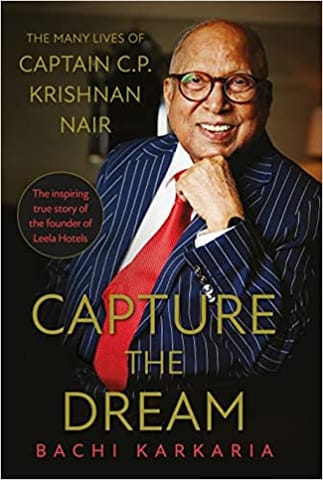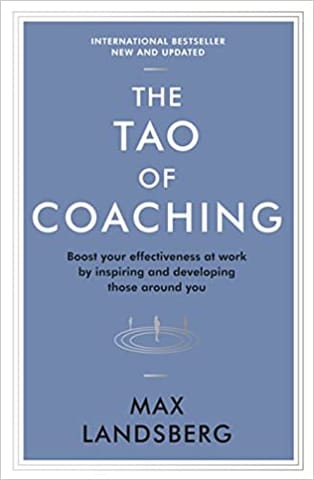WELCOME TO MIDLAND BOOK SHOP!
SHOP FOR
-
Non-ficton
- Non-ficton
-
Contemporary Fiction
- Contemporary Fiction
-
Children
- Children
-
Comics & Graphic Novels
- Comics & Graphic Novels
-
Non-Fiction
- Non-Fiction
-
Fiction
- Fiction
Shop No.20, Aurobindo Palace Market, Hauz Khas, Near Church +91 9818282497 | 011 26867121
110016
New Delhi
IN
Midland The Book Shop ™
Shop No.20, Aurobindo Palace Market, Hauz Khas, Near Church +91 9818282497 | 011 26867121
New Delhi,
IN
+919871604786
https://www.midlandbookshop.com/s/607fe93d7eafcac1f2c73ea4/677cda367903fd013d69b606/without-tag-line-480x480.png"
[email protected]
9780140260052
60ad0ab7e7859911ed6d627f
The Intelligent Person's Guide To Liberalization
https://www.midlandbookshop.com/s/607fe93d7eafcac1f2c73ea4/60ad0ab9e7859911ed6d62bb/9780140260052-us.jpg
"A lucid analysis of the 'revolutionary' changes in the Indian economy.
Faced with a major economic crisis in 1990–91, the government responded by initiating far-reaching policy reforms aimed at opening up the country's economy. Since then there has been little discussion on key issues and much political posturing. In this important book, two of India's leading economists rescue the current economic debate from jargon and dogma and present it in language accessible to ordinary Indians who, finally, must bear the brunt of the reforms. Cutting through the euphoria and hype that prevent any serious appraisal of liberalization, they highlight the advantages of a free market as also the grave dangers of unquestioning reliance on market forces in a developing country which is home to the largest number of the world's poor. They argue for a flexible system that will adapt to changes in society and polity, a system where both the market and the state must play a role. Eschewing the extreme positions of both the left and the right, this book seeks to encourage a serious reappraisal of the country's bold experiment with privatization, for, as the authors put it, ‘doubt is as important as knowledge in the design of economic policy'.
"
9780140260052
out of stock
INR
180
1
1
Email ID already exists!
Your Current password is incorrect
Password Updated Successfully
Thanks for your Feedback
- Home
- Business & Economics
- The Intelligent Person's Guide To Liberalization
The Intelligent Person's Guide To Liberalization
ISBN:
9780140260052
₹180
₹225
(20% OFF)
SIZE GUIDE
Back In Stock Shortly - Fill The Book Request Form
Sold By:
Hauz Khas - Aurobindo Market
Details
- ISBN: 9780140260052
- Author: Amit Bhaduri
- Publisher: Penguin
- Pages: 200
- Format: Paperback
Book Description
"A lucid analysis of the 'revolutionary' changes in the Indian economy.
Faced with a major economic crisis in 1990–91, the government responded by initiating far-reaching policy reforms aimed at opening up the country's economy. Since then there has been little discussion on key issues and much political posturing. In this important book, two of India's leading economists rescue the current economic debate from jargon and dogma and present it in language accessible to ordinary Indians who, finally, must bear the brunt of the reforms. Cutting through the euphoria and hype that prevent any serious appraisal of liberalization, they highlight the advantages of a free market as also the grave dangers of unquestioning reliance on market forces in a developing country which is home to the largest number of the world's poor. They argue for a flexible system that will adapt to changes in society and polity, a system where both the market and the state must play a role. Eschewing the extreme positions of both the left and the right, this book seeks to encourage a serious reappraisal of the country's bold experiment with privatization, for, as the authors put it, ‘doubt is as important as knowledge in the design of economic policy'.
"
User reviews
NEWSLETTER
Subscribe to get Email Updates!
Thanks for subscribing.
Your response has been recorded.

India's Iconic & Independent Book Store offering a vast selection of books across a variety of genres Since 1978.
"We Believe In The Power of Books" Our mission is to make books accessible to everyone, and to cultivate a culture of reading and learning. We strive to provide a wide range of books, from classic literature, sci-fi and fantasy, to graphic novels, biographies and self-help books, so that everyone can find something to read.
Whether you’re looking for your next great read, a gift for someone special, or just browsing, Midland is here to make your book-buying experience easy and enjoyable.
We are shipping pan India and across the world.
For Bulk Order / Corporate Gifting
 +91 9818282497 |
+91 9818282497 |  [email protected]
[email protected]
Click To Know More
INFORMATION
POLICIES
ACCOUNT
QUICK LINKS
ADDRESS
Midland Book Shop - Hauz Khas
Shop No.20, Aurobindo Palace Market, Near Church, New Delhi
Shop No.20, Aurobindo Palace Market, Near Church, New Delhi

